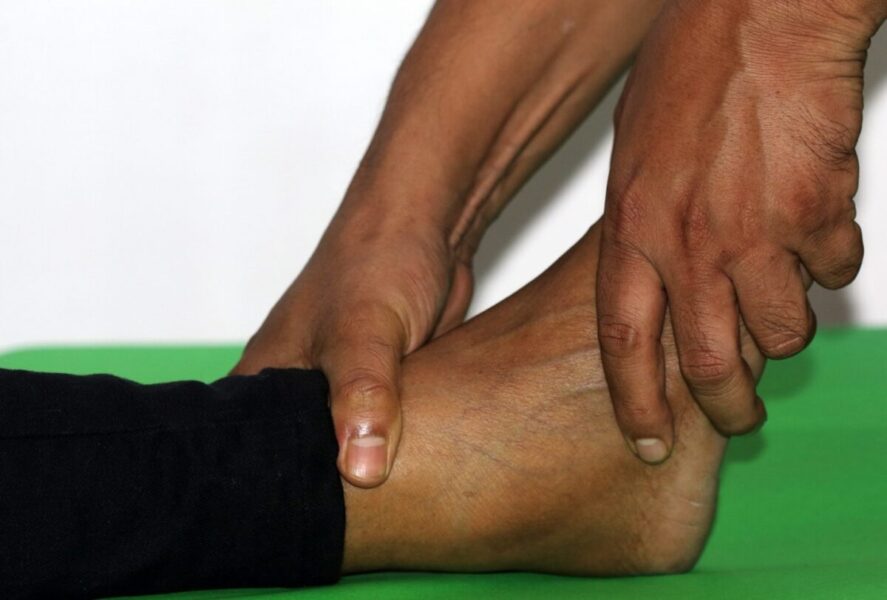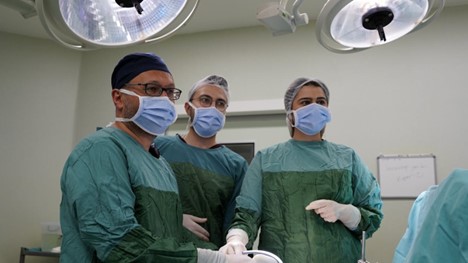The Remarkable Human Body: Organs and Glands You Can Live Without
The human body is a marvel of complexity, with a multitude of organs and glands working together to maintain our health and well-being. While many of these structures are essential for our survival, there are a few that we could potentially live without. In this blog post, we’ll explore some of the organs and glands that you may do just fine without, thanks to the body’s remarkable adaptability and the advancements of modern medicine.
- Appendix
The appendix is a small, finger-like organ located at the junction of the small and large intestines. For many years, the function of the appendix was a mystery, and it was often considered a vestigial organ with no apparent purpose. However, recent research suggests that the appendix may play a role in the immune system, specifically in maintaining beneficial gut bacteria. Nonetheless, it’s an organ that many people have had removed without significant adverse effects, and it’s not considered essential for human survival.
- Tonsils
Tonsils are clusters of lymphoid tissue located at the back of the throat. They are part of the body’s immune system and help fight off infections. However, in some cases, individuals may experience recurrent tonsillitis or other complications, leading to the surgical removal of their tonsils. While the absence of tonsils may slightly weaken the immune system’s first line of defense, the impact is generally minimal, and individuals can lead healthy lives without them.
- Gallbladder
The gallbladder is a small organ that stores and releases bile, which aids in the digestion of fats. Some individuals develop gallstones, which can lead to painful symptoms and complications. In such cases, the removal of the gallbladder, a procedure known as a cholecystectomy, is a common solution. After gallbladder removal, the body adapts to the continuous drip of bile from the liver, and most people can still digest fats without major issues.
- Spleen
The spleen is a crucial organ for filtering blood and removing damaged blood cells and pathogens. However, it’s possible to live without a spleen, and some individuals may need to have it removed due to injury or medical conditions. In such cases, individuals are at a slightly higher risk of certain infections, but this risk can be managed through vaccination and other preventive measures.
- Pineal Gland
The pineal gland, often referred to as the “third eye,” is a small gland in the brain that produces melatonin, a hormone that regulates sleep-wake cycles. While the pineal gland has important functions, its removal is not associated with severe health consequences. Melatonin production can still occur elsewhere in the body, and people can regulate their sleep patterns through lifestyle and medication if needed.
Click here to see the full scientific article from Harvard Health Publishing.
The human body is remarkably adaptable, and medical advancements have provided alternatives and strategies to compensate for the loss of these structures. However, it’s important to note that the decision to remove any organ or gland should be made in consultation with healthcare professionals and only when necessary for medical reasons. Our bodies are finely tuned machines, and every component plays a part in maintaining our overall health and well-being.




